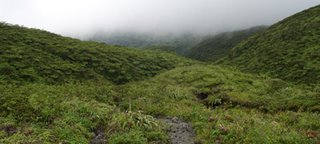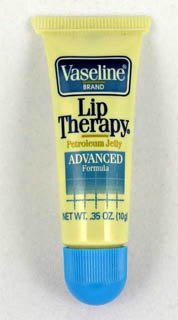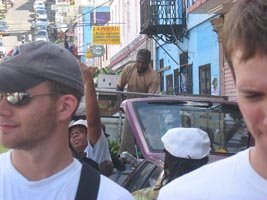Silverback, MD

Tevin is a neat kid, maybe 12, whose mother slams his head into walls until he stops asking why she's beating him. He likes the disappearing-thumb trick that my father taught me. Mrs. K has just had her foot amputated because of uncontrolled diabetes. She doesn't understand any of this, knowing only that she has "the sugar". Jeremy has "THUG LIFE" tatooed across his chest and an icepick in his left shoulder.
It's a jungle in here.
We're finally in the hospital. Imagine us, each wearing our Grownup clothes under bright white coats, stethescope-necklaced with pens and books stuffing our little pockets. We look pretty stupid. For a lot of students, this is their first patient exposure. You can imagine the shock of all of this. Imagine how they balk at having to pull back the blankets from an 80-year-old woman and lift her sagging breast to listen to her heart sounds. Imagine their stuttering steps, their over-explainations to a patient who could not care less, and their unease with the breast-chalk that now tarnishes their previously shining virgin stethescopes. It's pretty great, actually. Really brings me back...
My first patient was a 90-year-old. She was lying, her back to me, facing her daughters. I was a few steps in the door when she said with some excitement, "I smell a man!" I did not know how to act just then, having no precedent. My last patient was Mr. H. We had a conversation about his plan to die at home and how he was preparing his children for that day (which was a month later I heard). It doesn't take long for people to break through the awkwardness of taking a sexual history or talking frankly about death. It's this amazing privilage that we have as medical professionals and I'm so EXCITED to watch my friends and classmates go through the whole thing over the next two years.
Of course, I still know nothing about how to provide care. None of us does. It's disorienting to know so little after studying so much and it's the doctor's job to make sure I stay aware of it. I'm told that in the jungles of Africa, when a Silverback gorilla spots you, they will scream and charge. If you run away, it will kill you. Instead, curl into a ball and break eye contact. The Ape will stand over you, snort, and then leave having established dominance. From then on, you're free to walk amongst the trees.
So I'm standing in a jungle of knowing nothing when along comes Silverback, MD. Jeremy's icepick had come close to this brachial plexus* so the doctor started to ask questions, slapping me around with his paws. I made the mistake of answering correctly, which is like eye-contact to them. He batted me harder, asking about all sorts of random things to throw me off any balance I pretended to have until I fell, incorrect. "Look at how small you are in my jungle! Look at it!" he was screaming, while beating his chest and snorting. Patient after patient, he kept poking at me, waiting for me to look up. Playing dead was useless: the poking would continue until I answered and the beating would continue until I was wrong. In case you were wondering, I'm pretty sure this is how they train students.
Doctors are like Silverbacks with amnesia and I've got to find this one a kitten or something to bat around so he'll stop playing with me.
If anyone needs me, I'll be in the fetal position.
*The brachial plexus is a large jumble of nerves around where your neck meets your arm and it contains every nerve to control your arm and sense the covering skin. It's what a bouncer grabs to cause crippling pain. It's where actors get shot without consequence. This is why actors can walk past bouncers unharmed.









